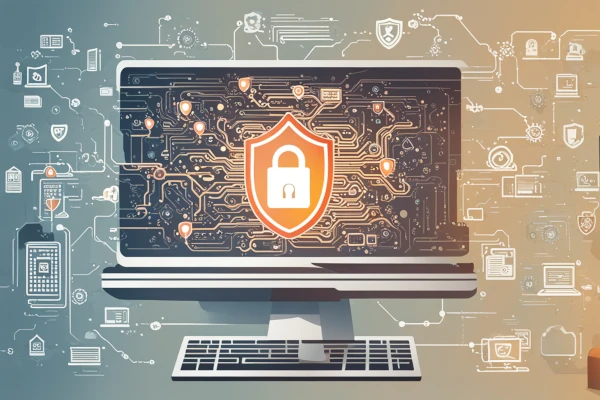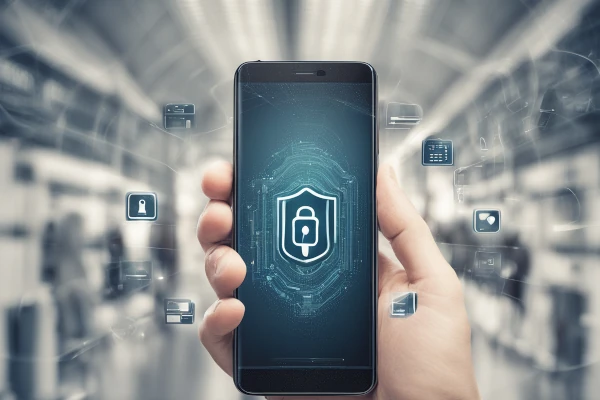With Cyber Monday coming up shortly with 36 percent of consumers shopping online for the event, the need for secure and safe shopping is of utmost importance. IBM Security offers safety tips for navigating the online shopping maze.
“Beware of Unexpected Package Tracking Emails” for instance, fake emails masquerading as retailers but instead contain malware, such as Locky Ransomware that will encrypt your computer files and also lock a user out until a ransom is paid.
“Caution with Coupon Codes” especially exercise caution when clicking on an email link to copy a coupon code, even for trusted retailers. Alternatively, copy the code and use it directly in the retailers web site.
“Opt for Credit Over Debit Cards” since credit cards are not tied directly to your checking account are more negotiable when problems arise than a debit card.
“Use Unique Passwords for EACH Online Store” and therefore do not use the same password for all shopping web sites.
“Shopping From The Office?” Do not use your corporate or organization’s official email address when shopping online. Also do not use your organization’s login password for this purpose.
“Only Use Trusted Apps” from trusted app stores such as Apple and Google Play. Be wary of unknown discount deal apps and apps with only a few reviews.
“Use A Special Shopping Email Address” for online purchases and to isolate spam more easily and therefore preserve your other account(s).
“Don’t Save Your Info”, credit card information that is. Because stored credit card information is saved through the retailers web site, this information could be later compromised by hackers who breach the particular website.
“Consider One-Time Use Credit Cards” rather than divulging your credit card information from “non-trusted or entirely new retailers” you can use one-time or pre-paid credit cards or even gift cards.
“Get Creative With Password Reset Questions” and do not provide hackers with questions that are obvious and can be determined online via social engineering techniques. Choose questions based on opinion (e.g. “favorite movie, food, etc.”) and not questions related to personal data (e.g. what street you grew up on for example).
For retailers looking for security insights and recommendations, checkout the X-Force Exchange collection here.




